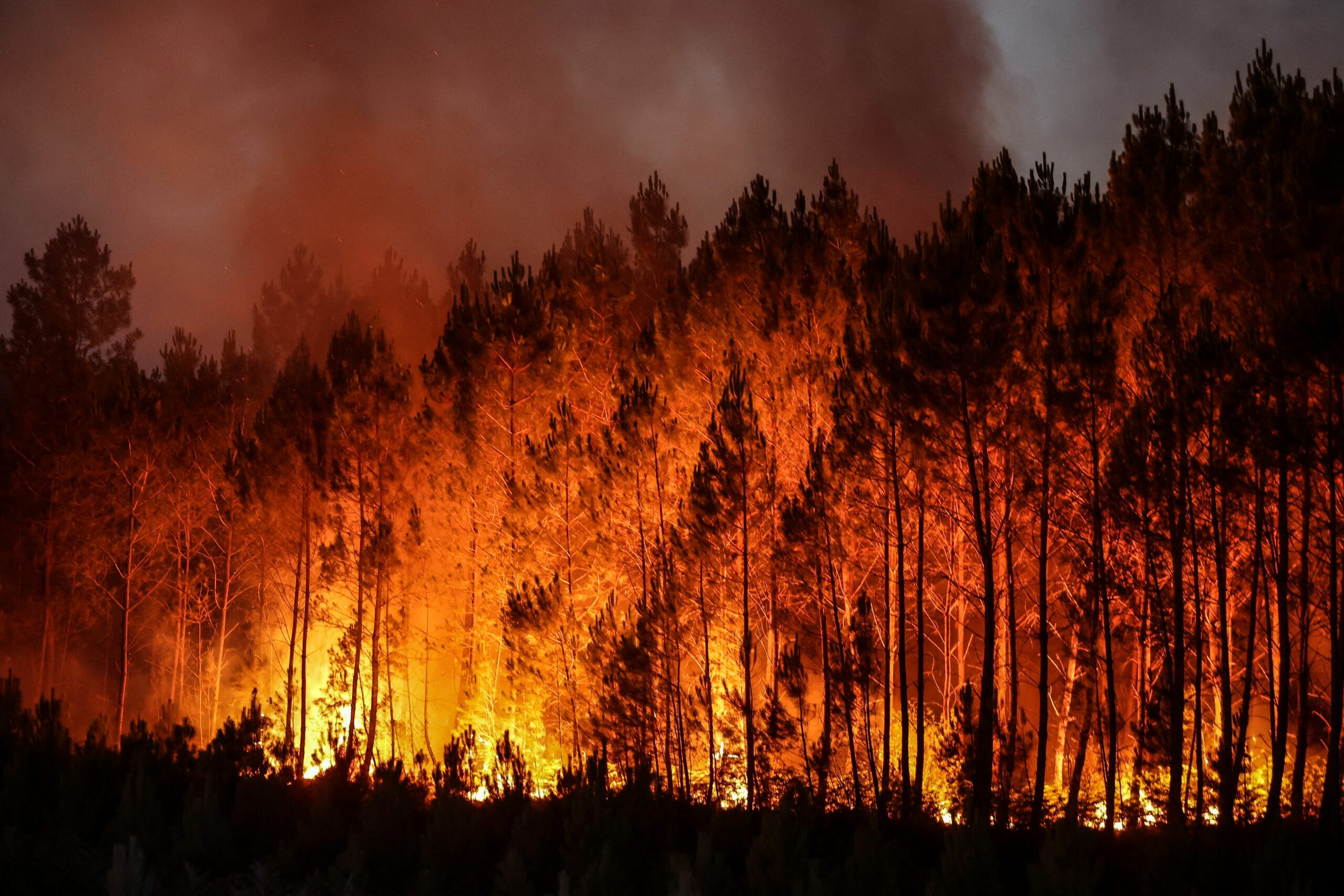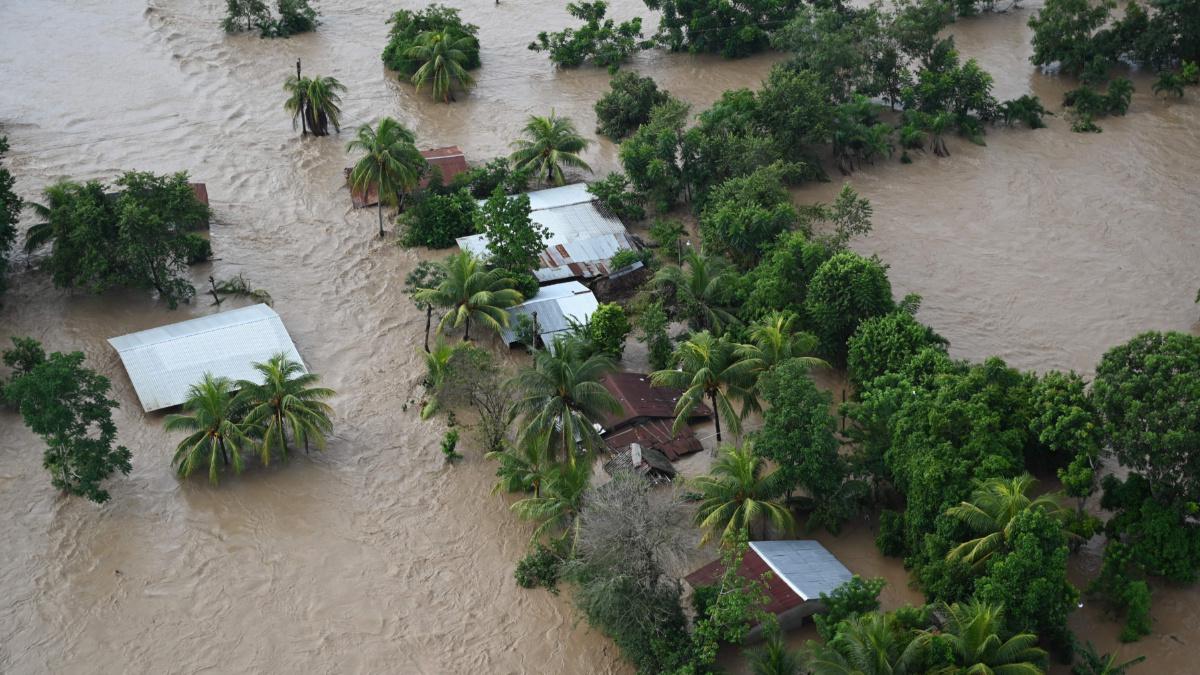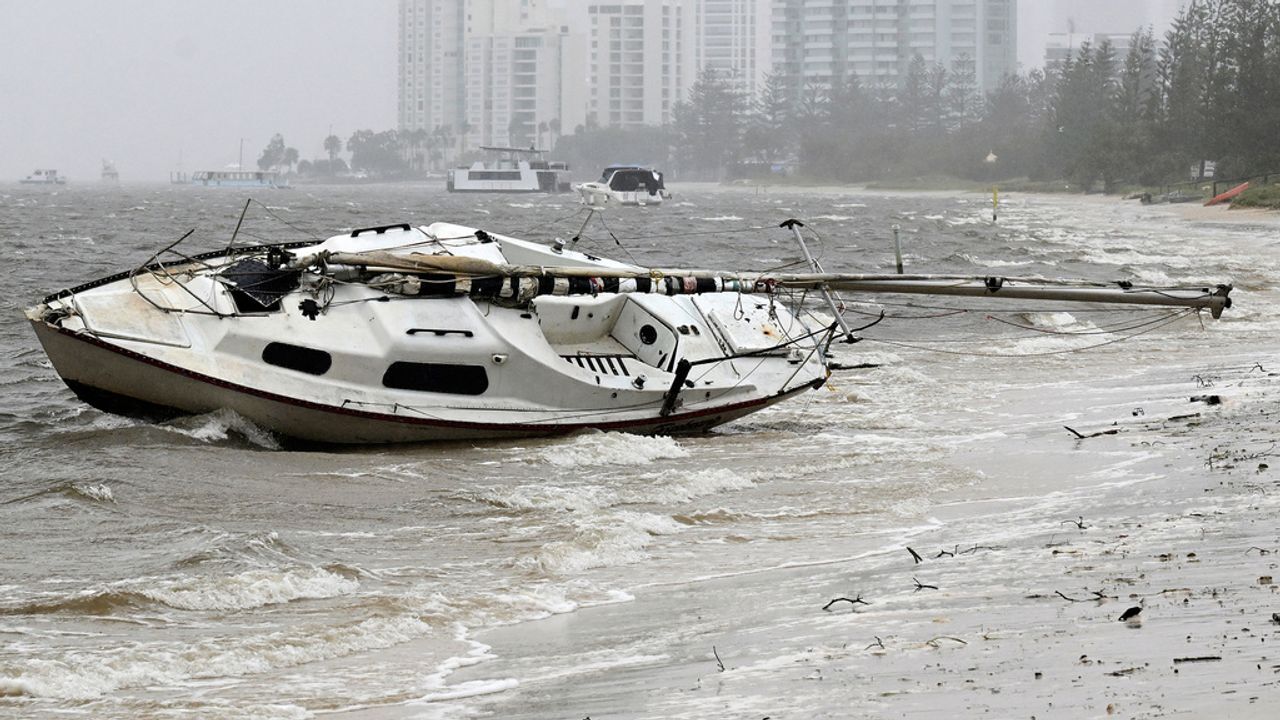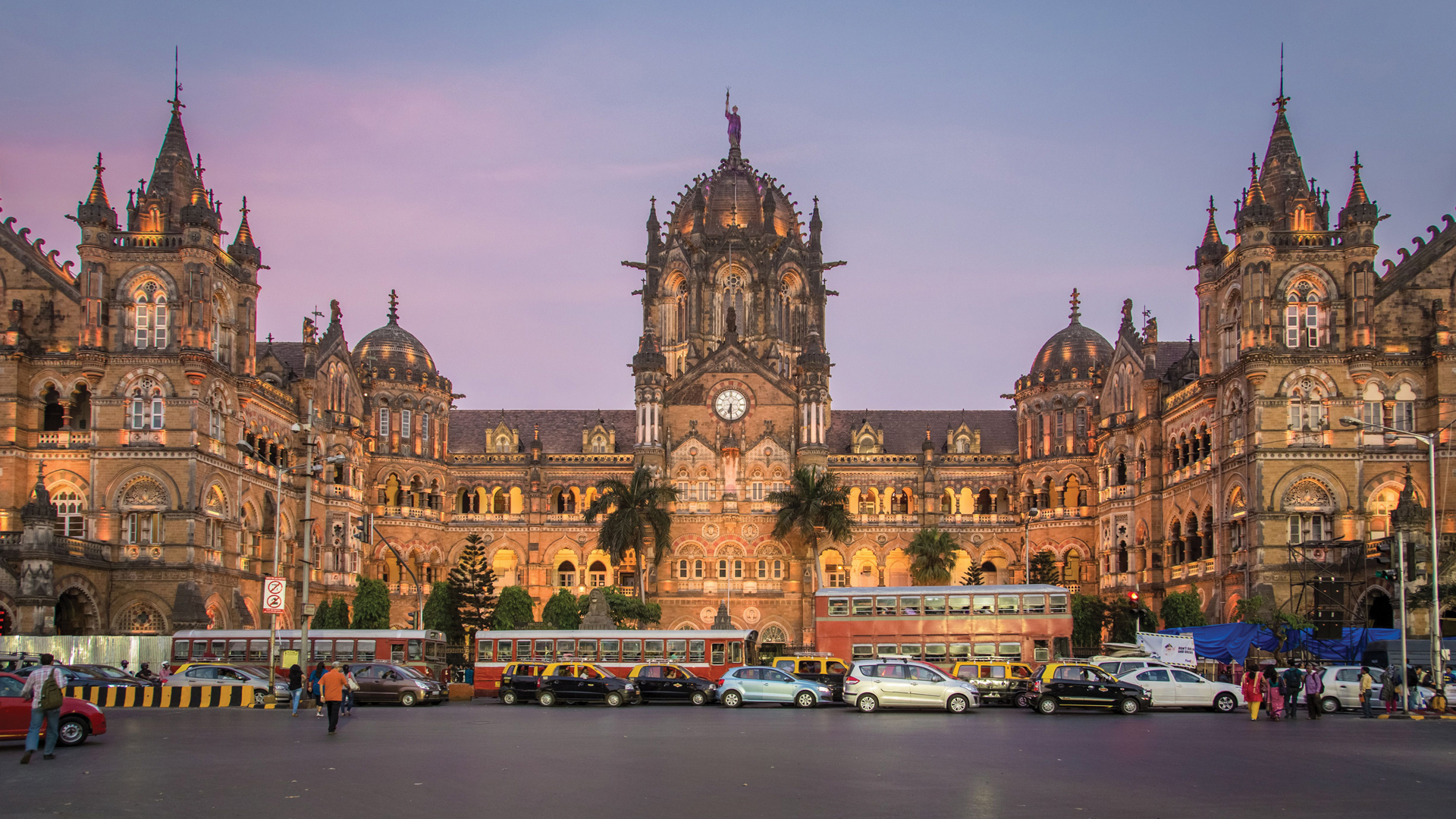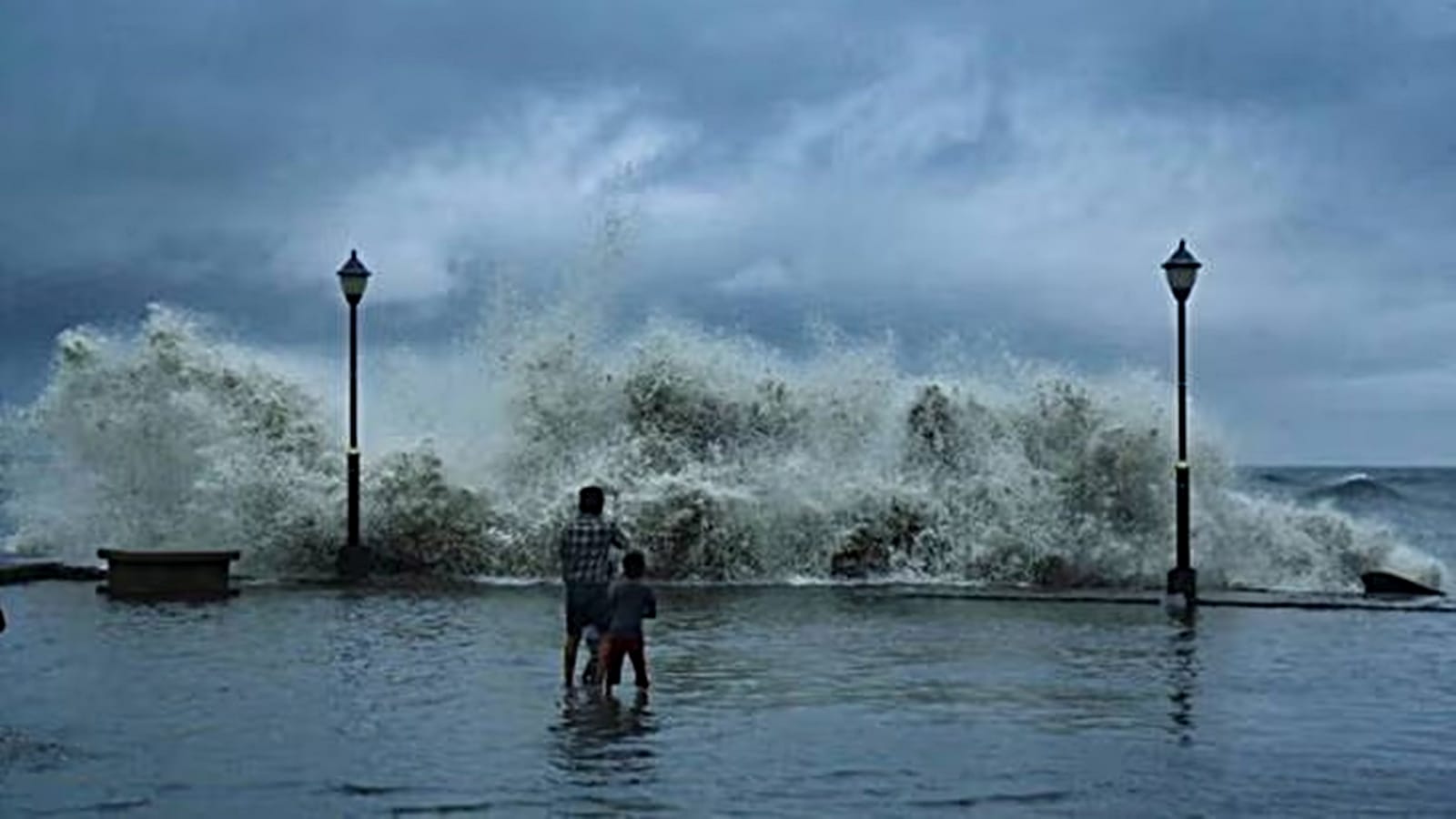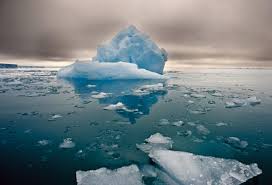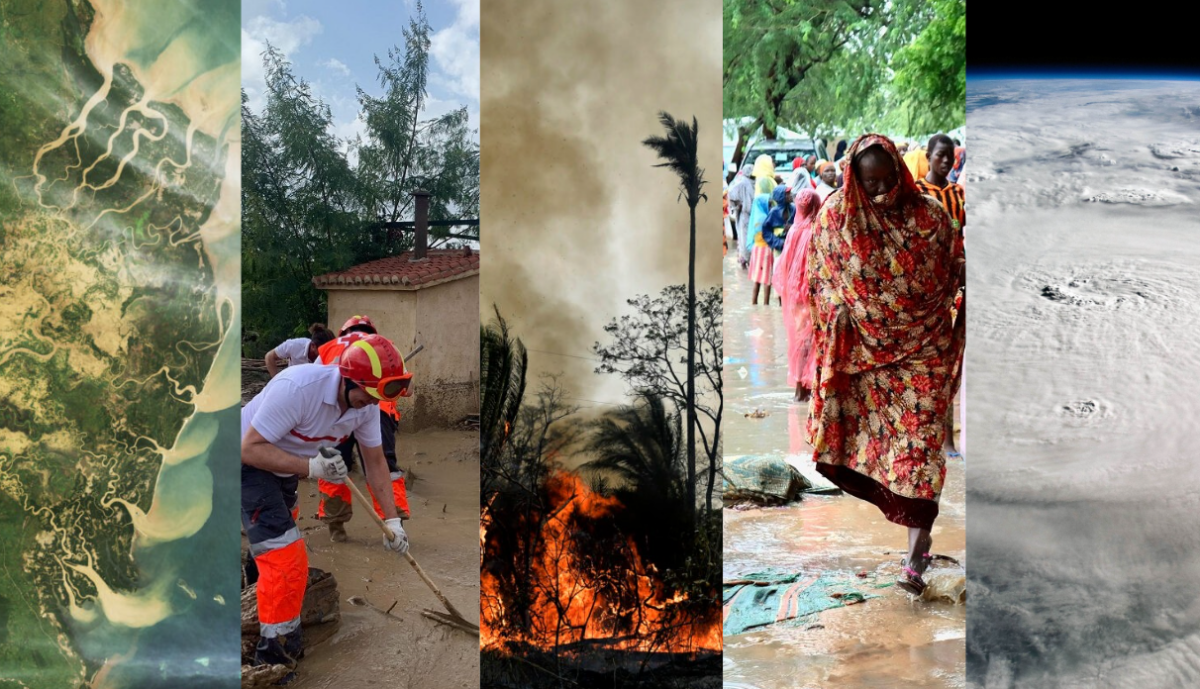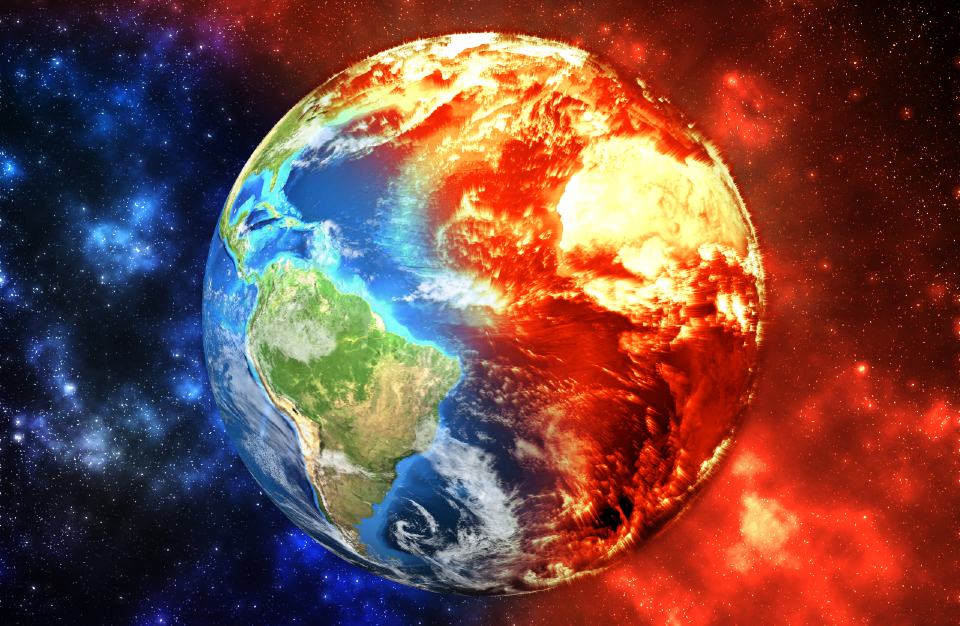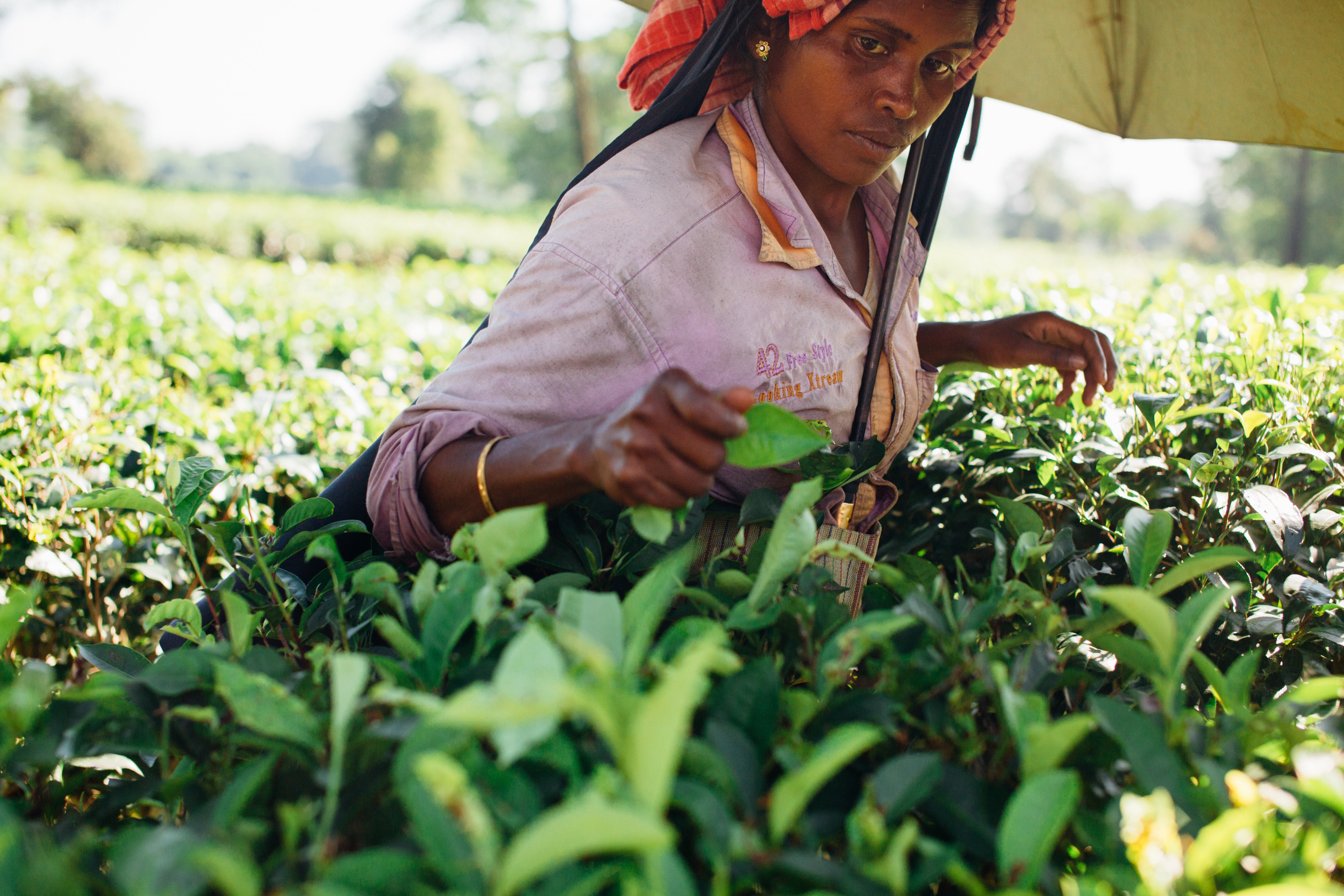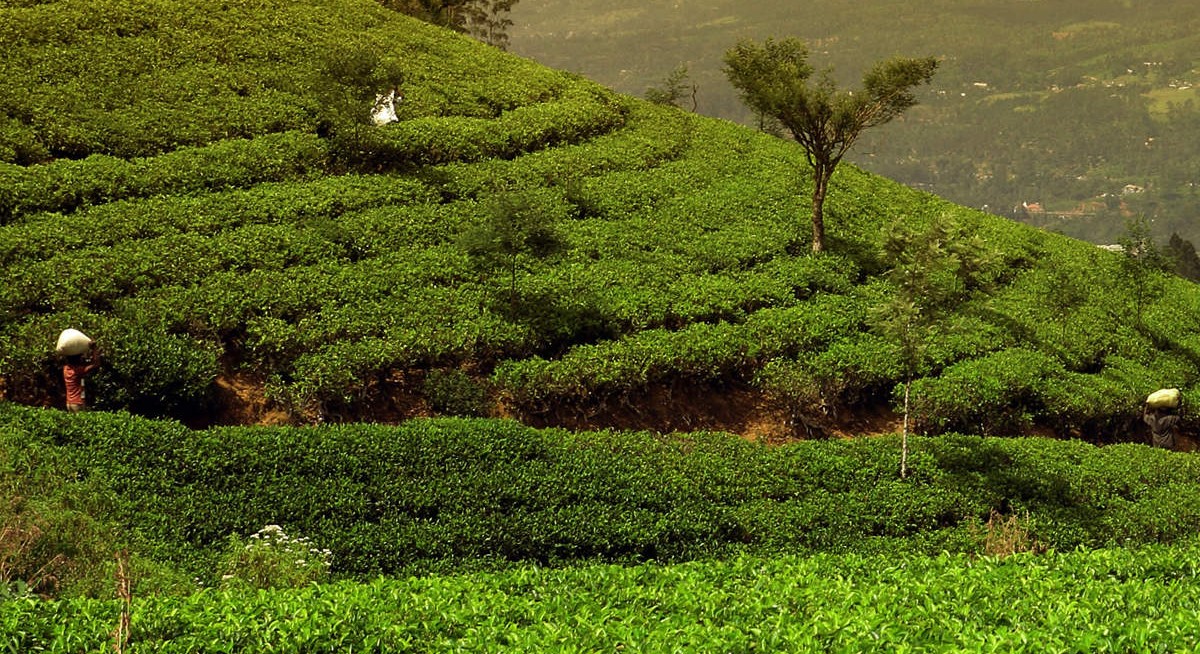# GLOBAL WARMING

2025 records hottest January ever, India witnesses highest mean temperature despite La Nina
Record spike in mercury shows how climate change has overwhelmed the global oceanic phenomenon of La Nina which is known for its cooling effect on global temperatures
Editorial Desk

India ranks seventh most vulnerable country to climate change: Economic Survey
The Survey stated ‘developing countries such as India need to undertake climate adaptation on an urgent footing as this has a direct impact on lives, livelihoods and the economy'.
Editorial Team
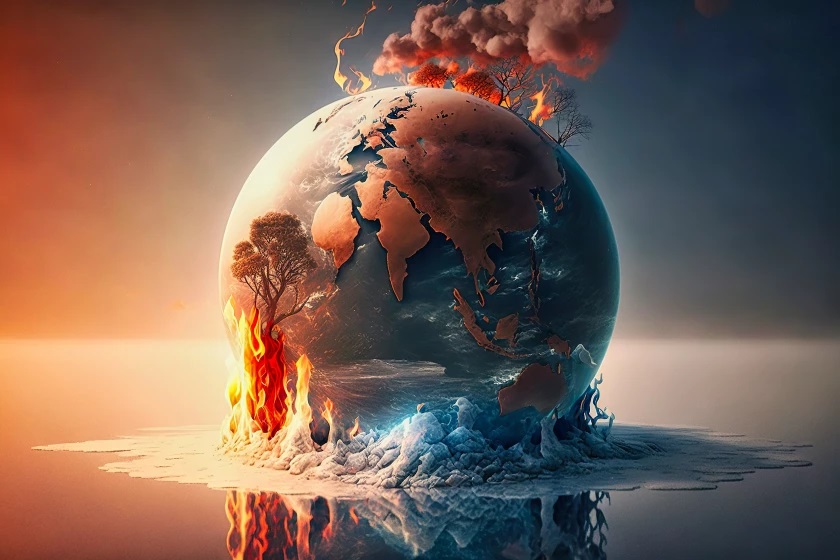
2024 is India's hottest year on record as climate change drives temperature surge
2024 has been the hottest year for India since 1901, declared India Meteorological Department. The annual mean temperature was recorded at 25.75°C which was 0.65°C above the long-term average (1991-2020 period).
Editorial Team
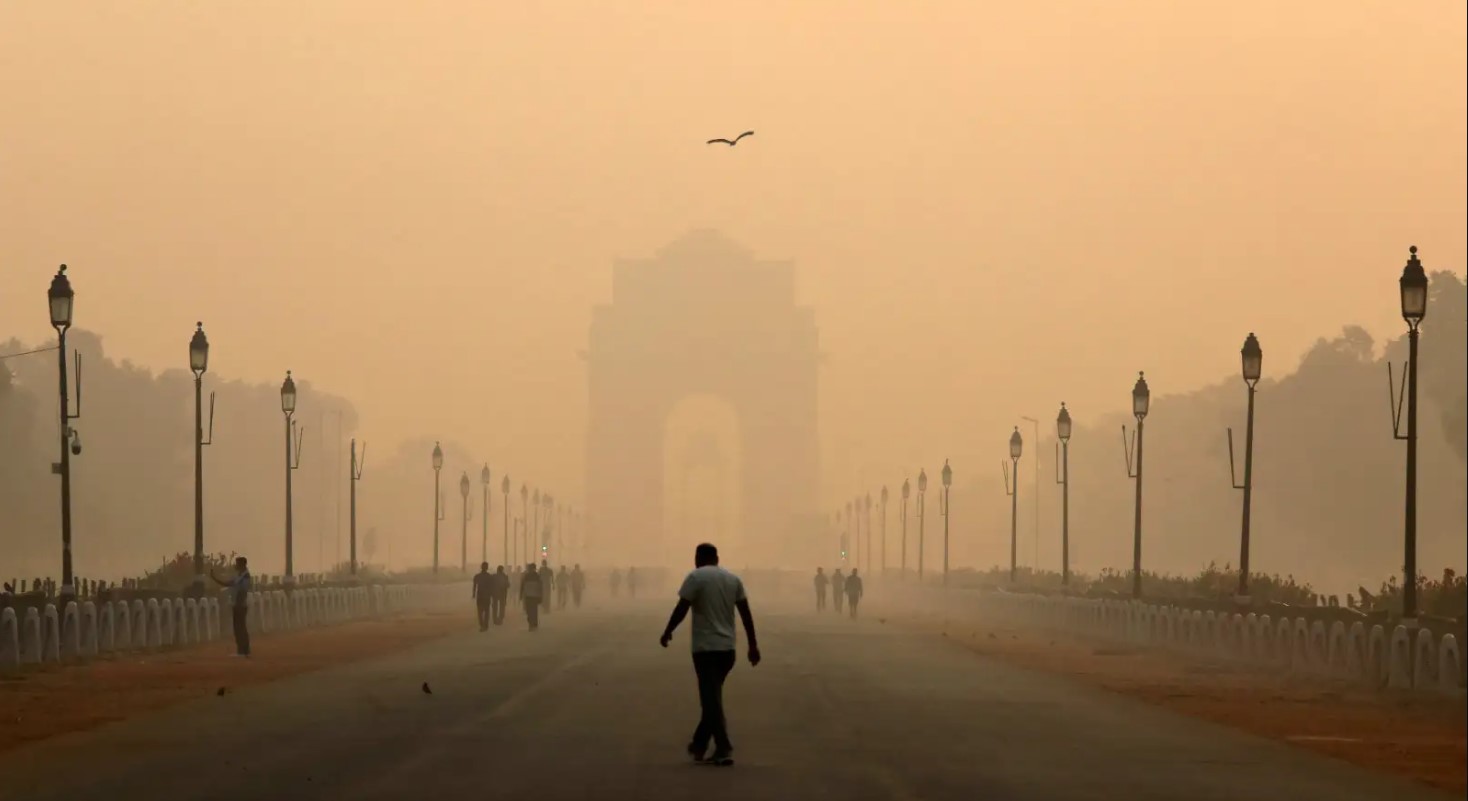
Climate change plays key role in deteriorating Delhi's air quality by altering weather patterns
Climate change will continue to alter atmospheric circulations and precipitation patterns, subsequently influencing the occurrence of weather patterns that worsen air quality, especially over the Indo-Gangetic Plains.
Kartiki Negi

Brought to a Boil: The Climate Crisis of the Indian Ocean
The Indian Ocean is heating up rapidly due to climate change. This has extreme consequences for marine ecosystems, coastal communities, and more. Surrounded by 40 nations and encompassing a third of the world's population, the Indian Ocean region plays a crucial role in global climate dynamics.
Ojas Khurana
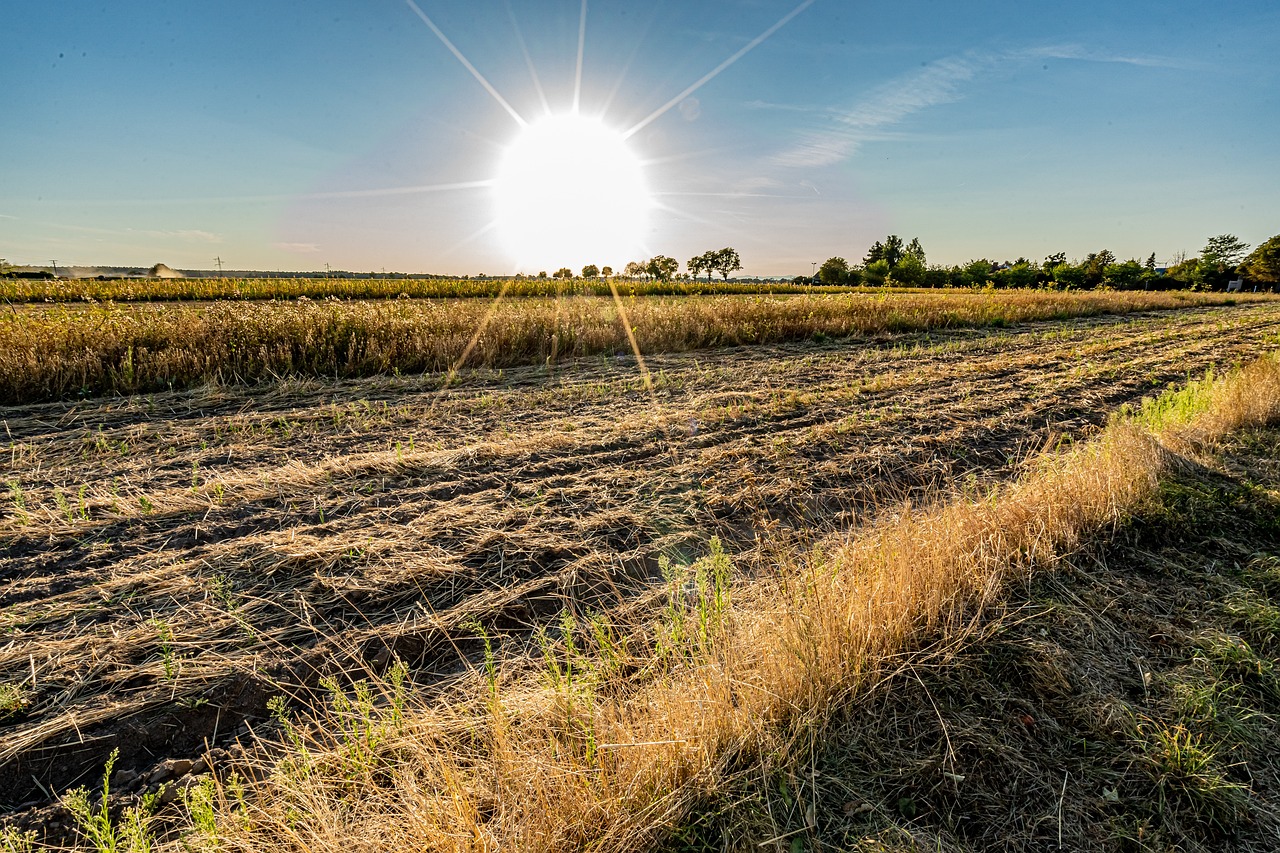
How To Better Adapt To Heatwaves In This Warming World
A recent study highlighted the impact of heatwaves on public health, agriculture, and other socio-economic and cultural systems that can hinder or reverse the country’s progress in fulfilling sustainable development goals (SDGs)
Editorial Team

El Nino, Global Warming: South India may be hit by early and intense heatwaves
Early and intense heatwaves may hit the southern part of the county as it falls in the region under combined impact of heightened temperatures exacerbated by global warming and ongoing El Nino in the Pacific Ocean
Editorial Team

Developing nations will struggle to improve living standards while curbing emissions: Study
A new study revealed that emerging economies would face challenges in improving their living standards while stabilising their carbon dioxide (CO2) emissions in a bid to meet net-zero goals.
Editorial Desk

Over 600 mn people in India would be exposed to dangerous heat at 2.7°C global warming: Study
Assuming a future population of 9.5 billion people, India would have the greatest population, more than 600 million, exposed at 2.7°C global warming. At 1.5°C, this figure would be far lower, at about 90 million.
Editorial Team
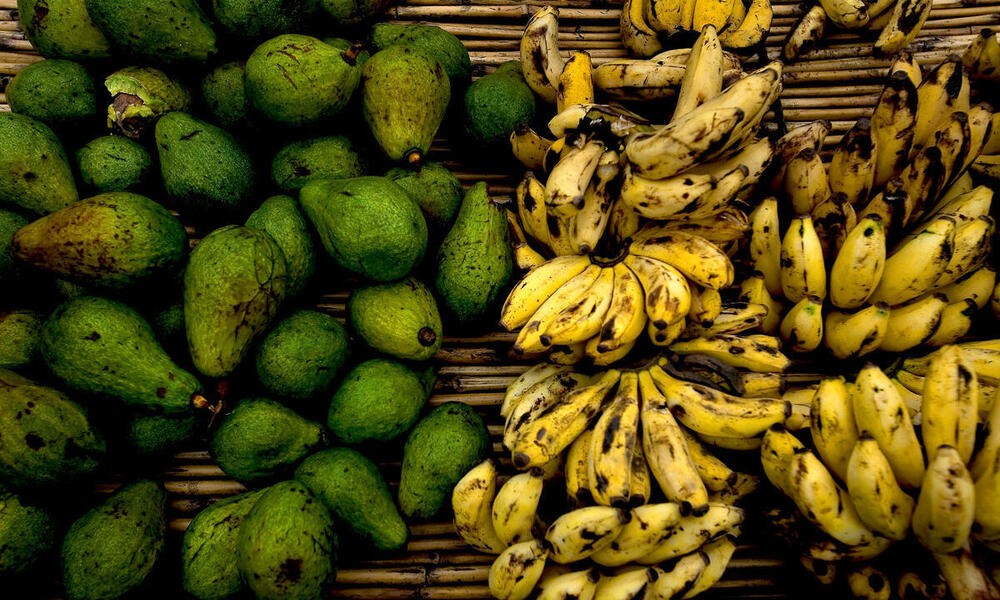
Climate impact: 48 million Indians at risk of zinc deficiency by 2050
138 million people are globally expected to be affected by zinc deficiency by 2030, most of them to be likely from African and South Asian countries, with nearly 48 million residing in India alone.
Editorial Team
